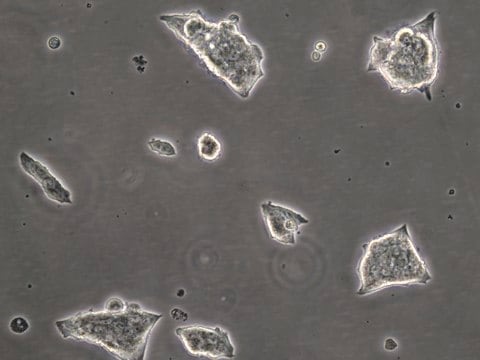T1820004
Trapidil impurity B
European Pharmacopoeia (EP) Reference Standard
Synonym(s):
3-Amino-1,2,4-triazole, 1,2,4-Triazol-3-amine, 3-AT, Amitrol
About This Item
Recommended Products
grade
pharmaceutical primary standard
API family
trapidil
manufacturer/tradename
EDQM
mp
150-153 °C (lit.)
application(s)
pharmaceutical (small molecule)
format
neat
storage temp.
2-8°C
SMILES string
Nc1nc[nH]n1
InChI
1S/C2H4N4/c3-2-4-1-5-6-2/h1H,(H3,3,4,5,6)
InChI key
KLSJWNVTNUYHDU-UHFFFAOYSA-N
Looking for similar products? Visit Product Comparison Guide
General description
Application
Packaging
Other Notes
signalword
Warning
hcodes
Hazard Classifications
Aquatic Chronic 2 - Repr. 2 - STOT RE 2
Storage Class
11 - Combustible Solids
wgk_germany
WGK 2
flash_point_f
Not applicable
flash_point_c
Not applicable
Choose from one of the most recent versions:
Certificates of Analysis (COA)
Sorry, we don't have COAs for this product available online at this time.
If you need assistance, please contact Customer Support.
Already Own This Product?
Find documentation for the products that you have recently purchased in the Document Library.
Our team of scientists has experience in all areas of research including Life Science, Material Science, Chemical Synthesis, Chromatography, Analytical and many others.
Contact Technical Service






![5-Amino-1H-[1,2,4]-triazole-3-carboxylic acid methyl ester 96%](/deepweb/assets/sigmaaldrich/product/structures/343/124/fed9a51c-601d-495f-8ded-bd63502da7ca/640/fed9a51c-601d-495f-8ded-bd63502da7ca.png)


